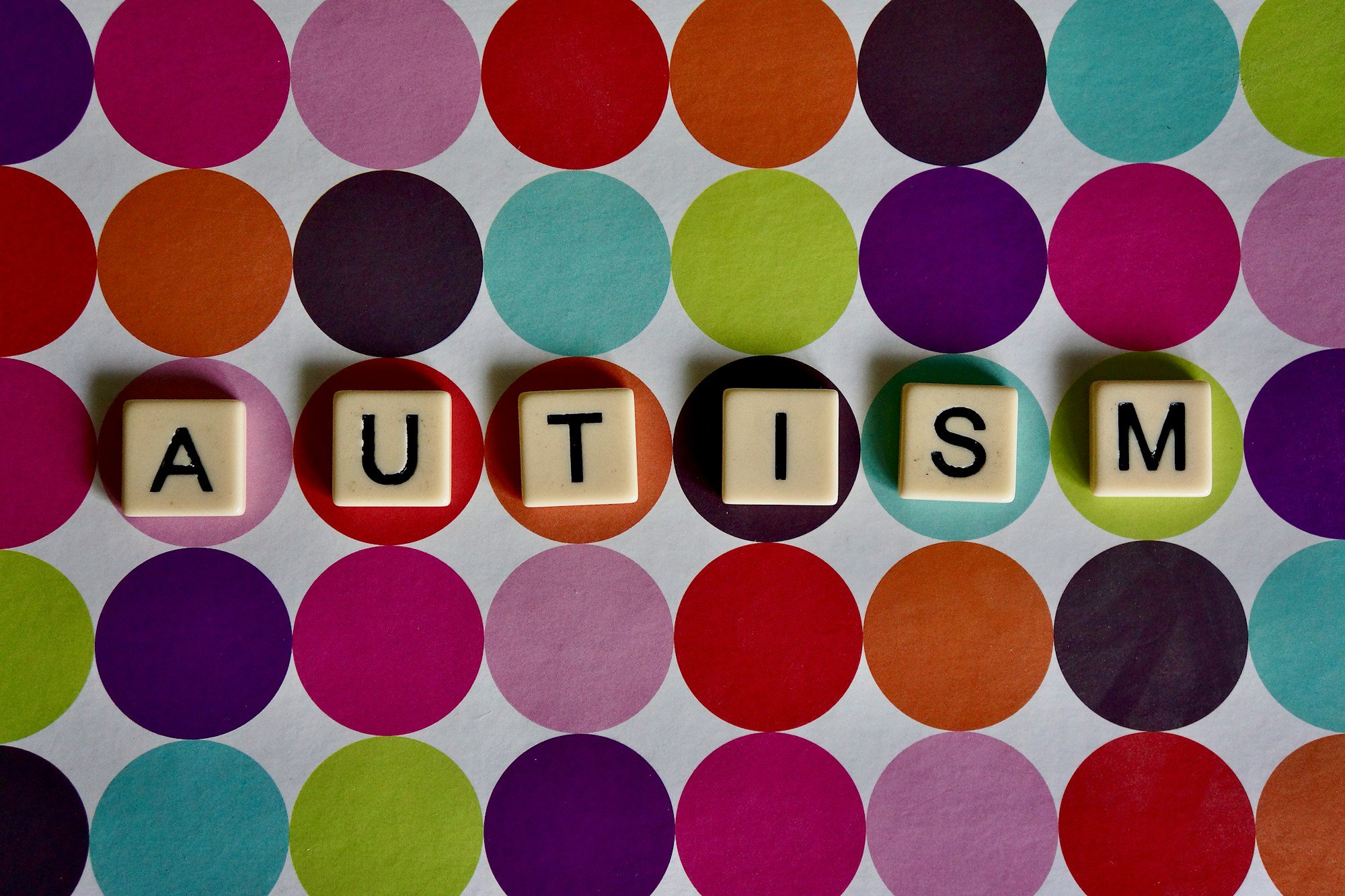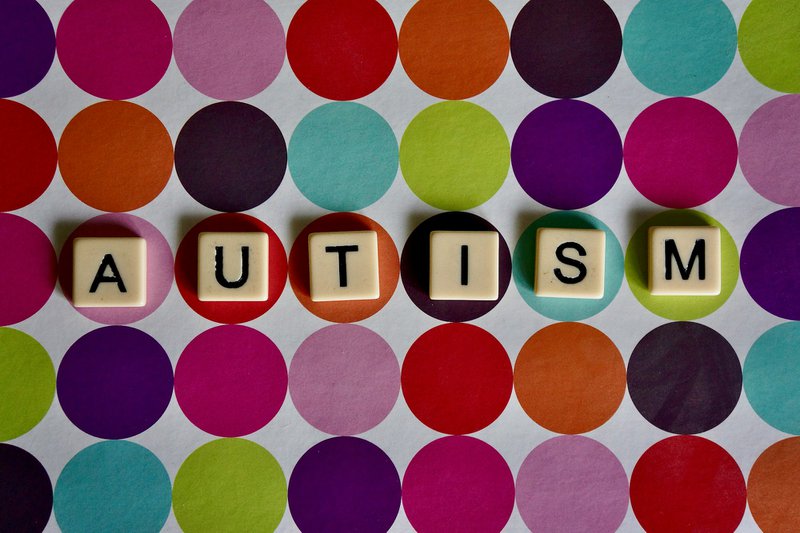

Autism Spectrum Disorder, or ASD, is a developmental condition that affects how individuals perceive, communicate, and interact with the world around them. The word “spectrum” here is operative; the diagnosis encompasses a wide range of symptoms and abilities that present differently between individuals, and as such, require a broad spectrum of Autism support strategies from educators, families, and their communities.
Here at Easterseals Arkansas, we are committed to providing a wide range of accessible resources and services to individuals with autism around the state, and creating awareness to make Arkansas a more inclusive place.
Understanding Autism
- As mentioned before, ASD is a spectrum, typically characterized by challenges in social communication, repetitive behaviors, and a range of strengths and differences in sensory processing. While some people with autism may have significant cognitive disabilities, others may excel in certain areas, and many require vastly different degrees or styles of support.
- Misconceptions about the disorder also often make life more difficult for those diagnosed with it. Ideas like people with autism lacking empathy or being ‘emotionless’ ; in truth, autistic individuals experience as broad and deep a range of feeling as any other person. The only difference is that they may express their emotions differently, or in a way that others find difficult to understand.
- Day-to-day living for individuals with ASD can look entirely different from one person to the next. Some people may require daily support , while others may be highly independent. Understanding this variability and awareness of what autism actually ‘looks’ like is vital for understanding and creating productive, inclusive environments for those with ASD.
Parents, caretakers, and educators can often face an uphill battle when it comes to both offering and receiving support for individuals with autism. Navigating a complex healthcare system, advocating for appropriate educational accommodations when necessary, and managing a lack of public inclusiveness and awareness are all common struggles faced by a majority of those either with or supporting ASD. It can be emotionally taxing, and with the limited bandwidth of resources like finances, capacity, or time in the day, it can feel impossible outright. However, Easterseals Arkansas aims to offer support both within our own resource network, and through daily-life strategies, including autism support strategies.
Strategies for Autism Support and Inclusion
Educational Support
- One of the most essential tools for supporting students with autism in educational settings is the Individualized Education Program (IEP). An IEP is a customized plan developed for each student with special needs and outlines specific educational goals tailored to their abilities.
- Easterseals offers Applied Behavioral Analysis to address and assist with any behavioral challenges a student with autism might face. ABA focuses on breaking down tasks into small, manageable steps and reinforcing positive behavior so the student can learn successfully. Parents and educators can work with an accredited Registered Behavior Technician (RBT) to create a comprehensive care plan that align with the student’s IEP goals, and work day-to-day.
- Further assistive technologies can also help fill the communication gap for students who might need it. Those like our A.R.T. (Art Realization Technologies) program offer new avenues for self-expression and help nurture creative inclinations in students, and empower them to express themselves more vividly and effectively.
- On the day-to-day, an inclusive classroom environment can make all the difference for students with ASD. An educator can facilitate this by introducing visual aids, breaking instructions into smaller steps, and providing sensory breaks for students who may need them. Providing additional, age-appropriate education on autism to foster understanding in other students may help those with autism feel less isolated and better understood by their classmates.
Social and Emotional Support
- Services like our Developmental Preschool, Easterseals Academy, and other peer-mentoring programs serve as facilitators for social development and fostering understanding with diversity. Peer mentors can model appropriate social behaviors and offer guidance in navigating social situations, and promote the organic formations of friendships and social circles.
- Therapeutic intervention is also often necessary for individuals with autism; cognitive behavioral therapies (CBT) and occupational therapies are often extremely beneficial in aiding people on the spectrum with specific challenges, such as communication skills, emotional regulation and expression, and managing anxiety.
Family Support
- Families of individuals with autism face unique challenges and as such, can benefit greatly from targeted support systems that address the effects. Resources like support groups provide a vital outlet for parents and caregivers to connect with others who are experiencing similar challenges. Community is vital to ward against feelings of isolation.
- Services like Respite Care are vital for parents and caregivers. Caring for an individual with autism can be both physically and emotionally demanding, and respite care provides temporary relief for caregivers. This allows parents and caregivers to take a break, recharge, and attend to their own needs.
- Managing stress is key to maintaining a positive outlook and preventing burnout. Seemingly simple strategies, such as setting aside time for self-care, practicing mindfulness, or seeking professional counseling, can make a significant difference in the well-being of the entire family.
Community Inclusion
Beyond education, expanding socialization toolboxes are crucial for facilitating community participation and inclusive integration.
Finding accessible activities, like after-school programs or other recreations like sports or clubs that are inclusive and accommodating, are vital to social development. These activities provide opportunities for individuals with autism to engage with their peers and develop social skills in real-world settings.
Education on inclusivity, such as integration of students with autism into general education classrooms where appropriate, promotes a culture of awareness and acceptance amongst students and the community at large. This can be further enhanced through social skills training programs that focus on teaching individuals with autism how to initiate and maintain conversations, understand social cues, and manage challenging social situations. These programs often incorporate autism support strategies like visual aids, role-playing, and positive reinforcement to help individuals with autism develop the social skills they need to thrive in various settings.
Advocacy and awareness are some of the most powerful tools for creating a more inclusive world. Not only awareness of the reality of the disorder itself, but also what resources are available, for both individuals with autism and their families.
- For educators, advocacy can look like attending Autism Awareness Training, creating autism-friendly classrooms, and advocating for the expansion and protection of special education services within your district.
- Community members can supplement this by attending school board meetings, working with local governments to increase accessibility, or participating in awareness campaigns to educate others about autism and push for policies that support the rights and needs of individuals on the spectrum.
Join the Easterseals Arkansas community and make a difference in the lives of individuals with autism.
- Contact us: Reach out to our team for more information, support, or to learn about our services.
- Volunteer: Get involved and make a positive impact in your community.
- Donate: Help us continue our mission of providing essential services and support.
Together, we can create a more inclusive and understanding world for everyone.
